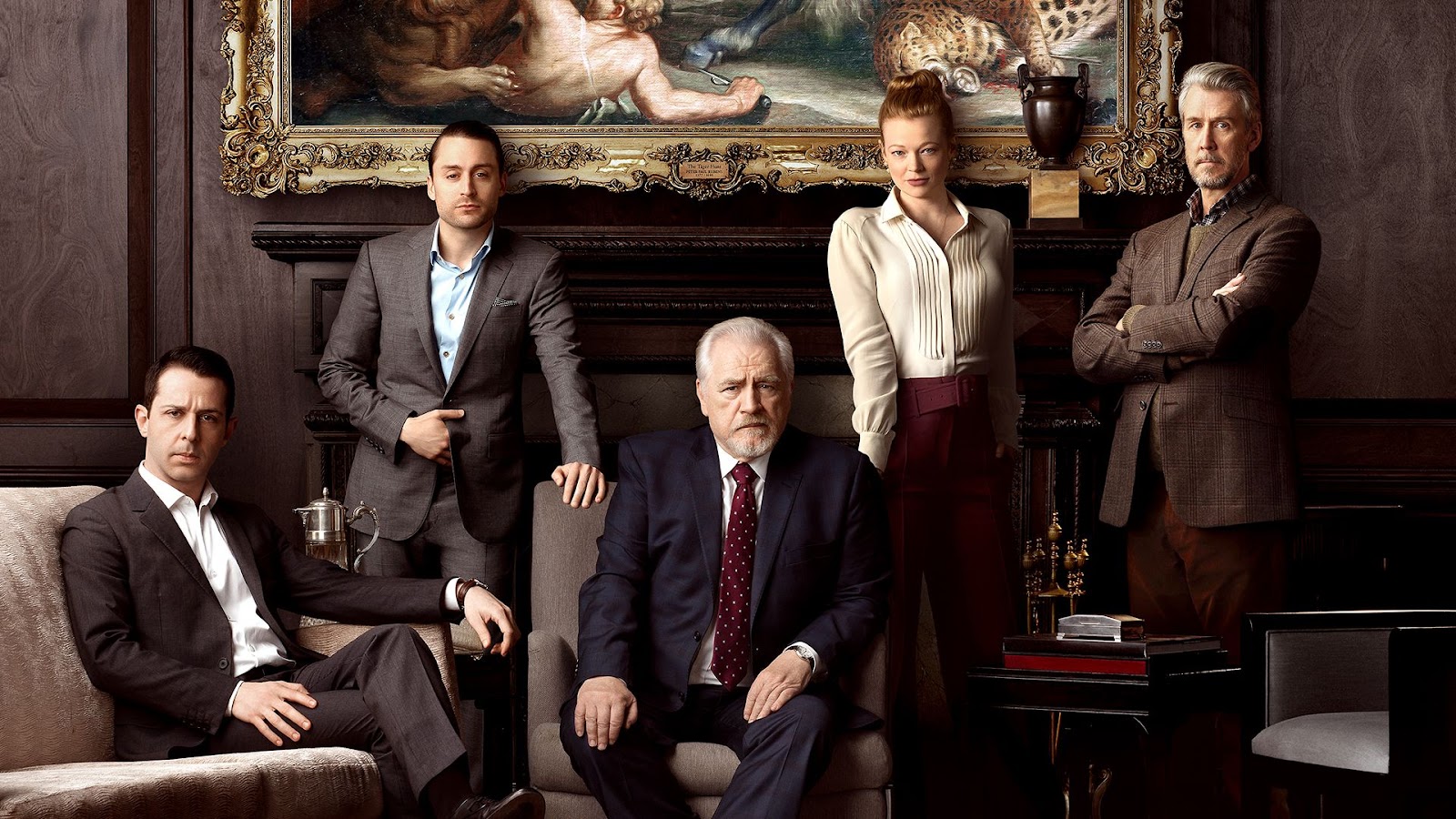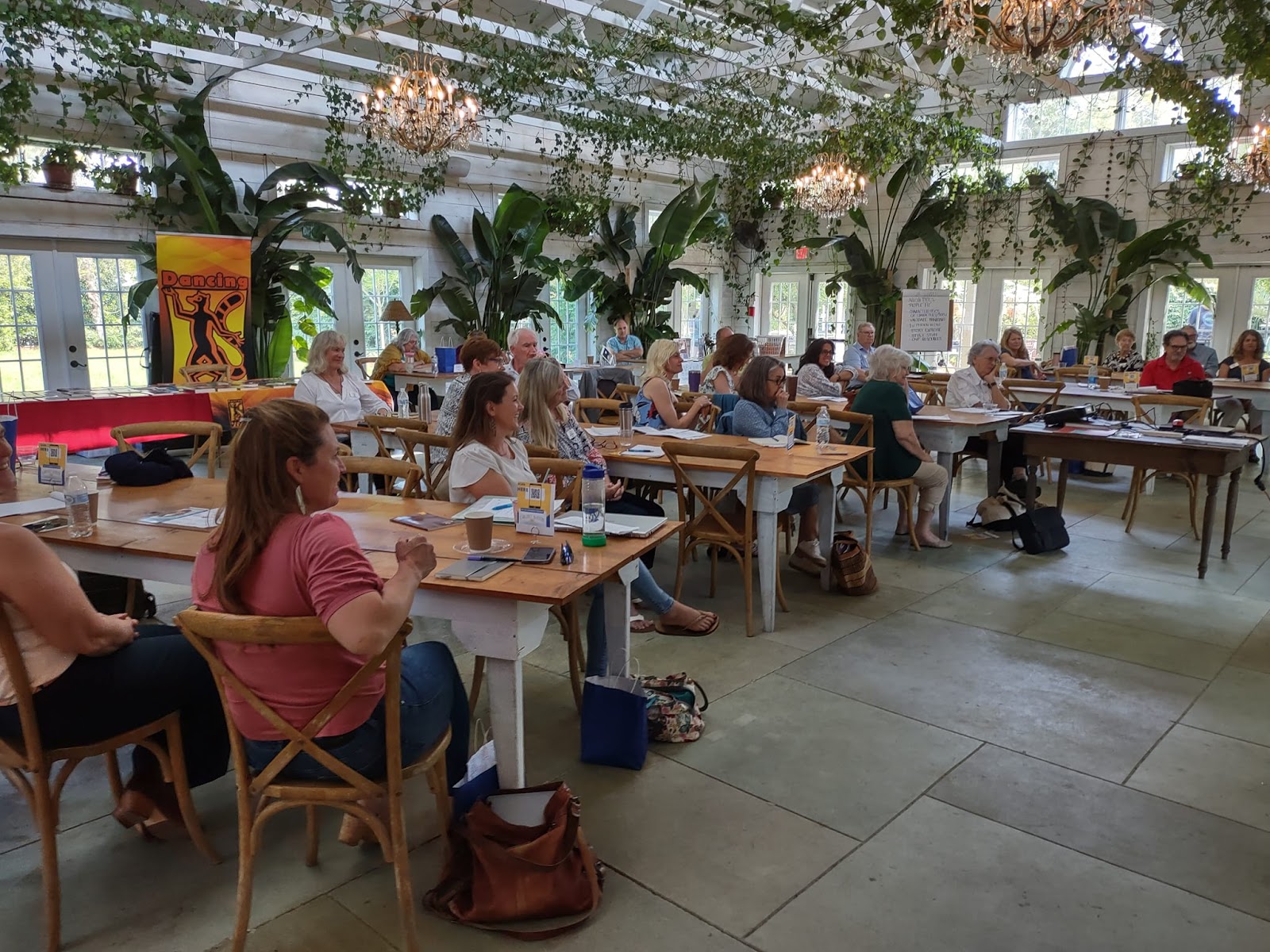by Sybil Johnson
I’ve been making roman shades lately, replacing ones that are way too old and falling apart. I could have had a blinds company make new ones or even found a class on making them and taken it. Instead, I chose to do it myself, using as much of the old hardware and wood as possible. This is not my first rodeo making this type of shade. I’ve replaced seven other shades around the house over the years so I was familiar with the process. When I did the first one, I took apart the old one, taking pictures at each stage, essentially analyzing how it was put together.
This got me thinking about how I like to learn things. I decided it depends on what it is I’m trying to learn. Sometimes, as in the case of tole painting and Swedish, taking classes is the best route for me. A lot of the time, though, I try to figure it out myself.
I taught myself how to do counted cross-stitch by buying a kit and following the printed directions. I re-taught myself macramé, which I last did in junior high oh so many years ago, using a kit and some YouTube videos.
When I decided I was going to write a book, I thought about how I should go about it. I could have taken a creative writing class or pursued a degree program. Neither of those paths seemed right for me. I’d read a lot of cozy mysteries over the years so I was pretty familiar with the rules, but I still didn’t know a lot about writing one.
One of the first things I did was to analyze a few cozies that I liked, picking them apart, trying to understand how they were put together. At the same time, I forged ahead, trying my hand at writing. I also read tons and tons of books on writing, including several that concentrated on mysteries. At some point, though I realized I could benefit from taking an online class or two. I chose one from Writer’s Digest taught by G. Miki Hayden and one from UCLA Extension taught by Kris Neri. (I didn’t take them at the same time.) I learned an enormous amount from both of them and got valuable feedback. I like to say that the two courses set me on the right path. I don’t think I would have gotten as much from those classes, though, if I hadn’t tried my hand at writing first.
At some point, I also realized the benefit of writing short stories. They helped me understand how to plot better and also were a good way to “try out” characters. One of my first short stories that was published, “Family Business”, involved the main character from my Aurora Anderson mystery series.
I don’t think there is only one way to learn how to write just as I don’t think there’s only one way to actually write a book. Everyone has to figure out what works best for them.
What about you? How do you like to learn new things



















